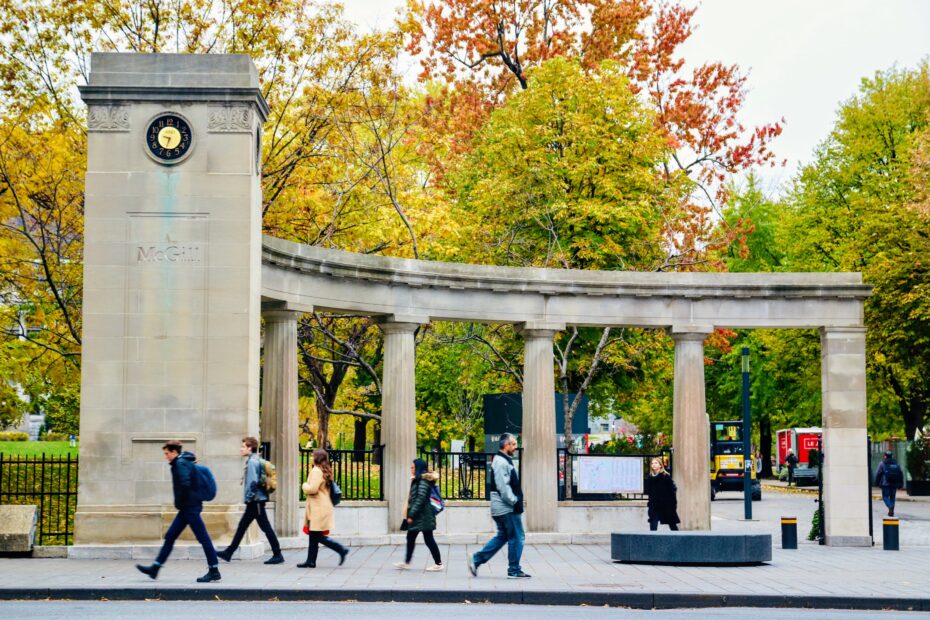
For many immigrants, Canada has been a country of exceptional opportunity. For my family, which arrived with next to nothing in 1924 in the person of my grandfather, the opportunities for education, professional advancement, and personal happiness have been unparalleled. I find it difficult, therefore, to reconcile in my mind the Canada that provided my family with such an abundance of opportunities with the Canada that deprived many Indigenous people of those same opportunities.
Today, Sept. 30, marks Canada’s first observation of the National Day for Truth and Reconciliation. Each of us is called to reflect upon the legacy of residential schools, which has had long-lasting, often disastrous effects on Indigenous families and communities. The occasion further calls upon us to consider how Canadian institutions have contributed to, or at least misunderstood and disregarded, the harms that residential schools inflicted over generations.
Most Canadians, if asked to name these institutions, would probably list those associated with government, the church, child welfare, and law and justice. Those of us in Quebec, who a year ago watched footage of nursing staff verbally abuse their patient, Joyce Echaquan, as she cried in pain just hours before her death, might include health-care systems on that list.
My own reckoning with the role that universities have played — or failed to play — in the lives of the Indigenous peoples in Canada was sharpened through the work of the Task Force on Indigenous Studies and Indigenous Education, which in 2017 issued 52 calls to action for McGill. Since then, like many other universities in Canada, we have begun working toward reconciliation. But we are only just getting started, and much more work for us remains.
Most Canadian universities have adopted a two-pronged approach to reconciliation. A first focuses on increasing Indigenous student, faculty and staff representation. A second aims to make our campuses more welcoming to Indigenous members of the Canadian community. The latter of these measures is a precondition for the former. That is, increasing Indigenous access to postsecondary education requires critical self-reflection about how university settings can alienate or exclude Indigenous community members. It further demands concrete, remedial steps to confront systemic racism and build more inclusive student learning and campus life settings.
Some describe these efforts as “decolonizing” or “Indigenizing” higher education. For me, this means taking purposeful, transformative measures developed through broad engagement and long-term relationship-building with Indigenous communities. Active measures must withstand university leadership transitions and build greater historical awareness among university students, faculty, and staff who play critical roles in fostering a welcoming environment. This calls for a review of all facets of campus life, including: representation within faculty and university leadership; program and course design, teaching and research in partnership with communities; the landscape, architecture, images, languages and icons across our campuses; student supports (financial, health, academic, social) especially for those far from home and community; and the involvement of Indigenous community leaders in curricular, advisory and ceremonial campus activities.
The prospect of this transversal review of university life is daunting. It is also essential: It is through such efforts that universities across Canada may hope to realize our shared goal of achieving equitable access to higher education.
There are many reasons to recognize the sobriety of Canada’s first National Day of Truth and Reconciliation. We reflect on the deep injustices the residential schools perpetrated and honour the young people who perished or who suffered but survived in those settings, as well as their families. It is also opportune, today, to recognize that Canada’s residential schools forestalled the realization of tremendous potential, intellect and talent.
While the consequential collective loss is difficult to fathom, universities are particularly well-positioned to grapple with this challenge. It must be taken up with unwavering energy, commitment and humility. This takes great effort, but the promise of so doing is tremendous, not just for particular students, communities or campuses, but for our country as a whole.
This editorial originally ran in the Montreal Gazette.
